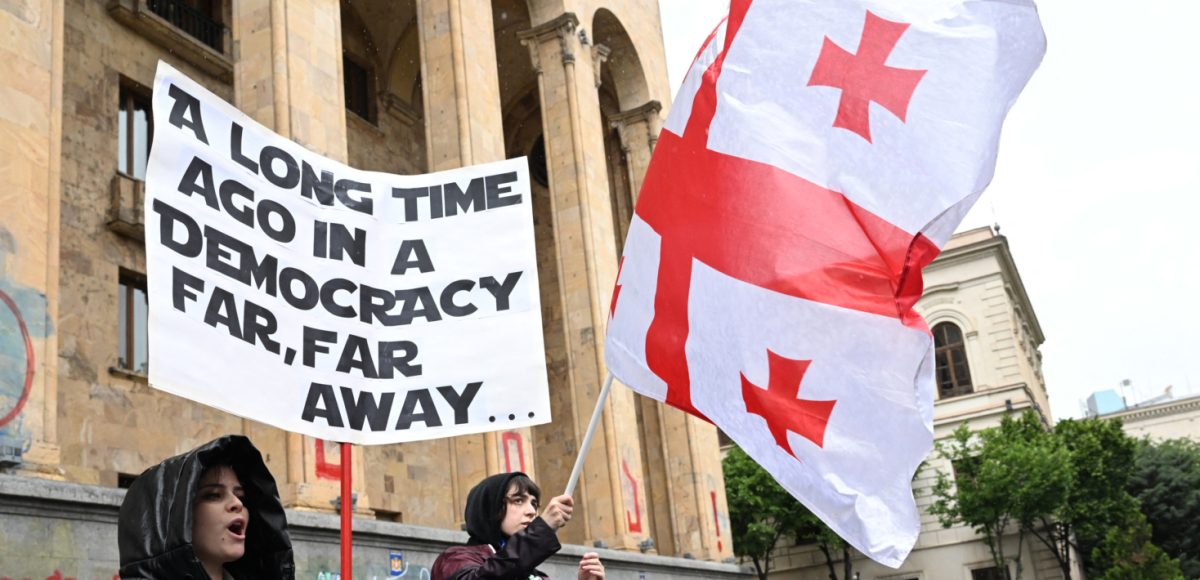Albert Razin, a 79-year-old scientist, uttered his final words before setting himself on fire: ‘If my language dies tomorrow, then I’m ready to die today.’ Moments later, he made good on that promise.
Razin’s death was in response to one of many of Putin’s policies: ending the mandatory education of minority languages in schools. This decision struck a devastating blow to the already fragile linguistic diversity of Russia. Many indigenous peoples, such as the Chuvash, Udmurts, and Bashkirs, have seen their native tongues replaced by Russian in schools. On paper, the Russian government claims that learning minority languages is simply no longer compulsory, but the reality is more sinister. These languages are disappearing at an alarming rate, with Russian quickly filling the void. For instance, compared to seven years ago, the number of Udmurt speakers has fallen by 30%.
This is Russification—the deliberate policy of replacing regional identities, languages, and cultures with Russian ones. While the term might evoke images of Soviet-era repression, it has roots much deeper in Russian history. Russification dates back to the days of the Russian Empire, when imperial ambitions sought to assimilate the vast and diverse peoples living under Russian rule. Under the Soviet Union, this policy reached its peak, with cultural and linguistic homogeneity enforced across the sprawling Soviet territories. However, even in today’s Russia, decades after the fall of the USSR, the ghosts of Russification still linger, now manifesting in Putin’s Russia.
But Russification is not just about language—it touches every aspect of life. It rewrites history, distorts political narratives, and reshapes the cultural practices of entire communities. National identities are systematically erased, replaced by a monolithic Russian identity that leaves little room for diversity. Whether through direct control of educational content or through the subversion of cultural norms, Russification ensures that the Russian state maintains control over its people not just politically, but mentally and culturally as well.
Disturbingly, this phenomenon is no longer confined to Russia. Georgia is witnessing a parallel process as the influence of Russian-style governance creeps across the borders. Just this month, the Georgian parliament passed a law banning what it refers to as “LGBTQ propaganda.” This legislation criminalizes same-sex marriage, adoption by LGBTQ couples, and any public expression or representation related to the queer community. The language and intent of this law closely mirror similar policies in Russia, where anti-LGBTQ sentiment has been codified into law under the guise of protecting “traditional family values.”
This law in Georgia isn’t just an isolated incident. Over the past few years, we’ve seen a series of government measures that bear a striking resemblance to those enforced in Russia. The erosion of democratic freedoms, increased state control of the media, and a growing crackdown on civil liberties are all signs of a creeping authoritarianism. Take for instance, the restrictive “foreign influence” bill passed earlier this year. This bill requires civil society organizations receiving over 20% of their funding from foreign sources to register as “agents of foreign influence.” This bill undermines freedom of expression and association, as it not only stigmatizes the work of civil organizations but also discourages international partnerships and support, ultimately crippling their ability to advocate for human rights and operate independently. Despite protests in Tbilisi, where police used water cannons and special units against demonstrators, the law was adopted. Policies like this aim to reshape Georgian society, replacing its historic identity with one that adheres to a narrow, state-sanctioned version of culture.
What we are witnessing is a modern form of Russification, not through imperial conquest but through ideological influence and policy imitation. The effects of this shift are dangerous and far-reaching. Just as the Chuvash, Udmurt, and other minority peoples in Russia are watching their languages and cultures fade, marginalized groups in Georgia and neighboring countries are now facing a systematic erasure of their rights and visibility. If this trend continues unchecked, the unique identities and freedoms of these communities will continue to erode, replaced by a uniform identity dictated by state power.

